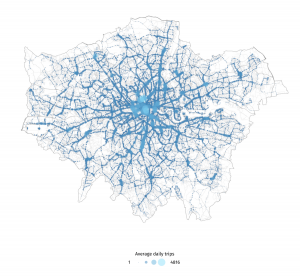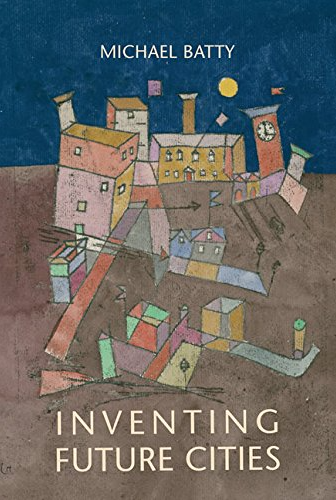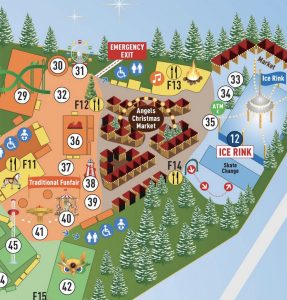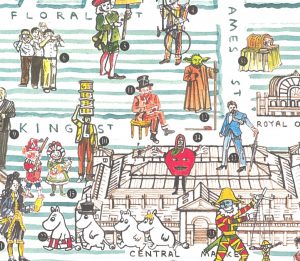Winter Lights 2019
Canary Wharf’s annual public light show is back – it closes this Saturday, so you have just three more evenings to get down to the Isle of Dogs after dark and see 21 illuminated artworks. There’s a special map produced each year to show where on the campus the exhibits are. We reviewed last year’s […]
Continue reading »



